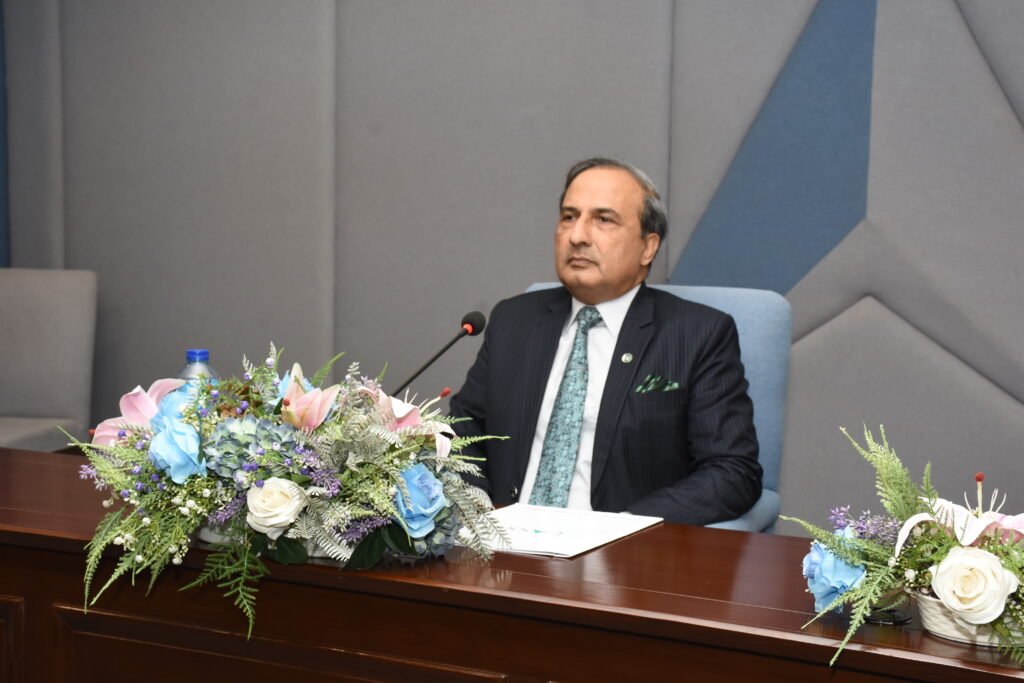
Guest Lecture
The Untold and Unseen of Mr Jinnah
About The Event
Quaid-e-Azam Muhammad Ali Jinnah stands as one of the most esteemed statesmen of the 20th century. His indomitable efforts against colonialism, coupled with his unwavering resolve to secure an independent homeland for the Muslims of the Subcontinent, have earned him global recognition. His legacy continues to inspire countless communities worldwide, transcending generations and borders.
The founder of Pakistan has been the subject of numerous books and documentaries, each striving to unravel the complexities of his multifaceted personality and extract valuable lessons for contemporary times. Mr Jinnah’s towering presence and profound influence defy encapsulation within a single narrative, reflecting his magnanimity and the breadth of his vision.
Every Independence Day, Pakistan honours Quaid-e-Azam. This period of reflection calls for a renewed exploration of his life and ideals, serving as a beacon of guidance and inspiration amidst the multifarious challenges facing the nation today. Mr Jinnah’s steadfast dedication and unwavering willpower remain a source of hope and resilience for Pakistanis, reminding them of the strength inherent in their heritage.
In an effort to shed light on the lesser-known contributions of Quaid- e-Azam, the Centre for Aerospace and Security Studies (CASS), Lahore, organised a guest lecture by Air Commodore Khalid Chishti (Retd), a recognised authority on the matter. This event illuminatied the enduring relevance of Mr Jinnah’s principles.
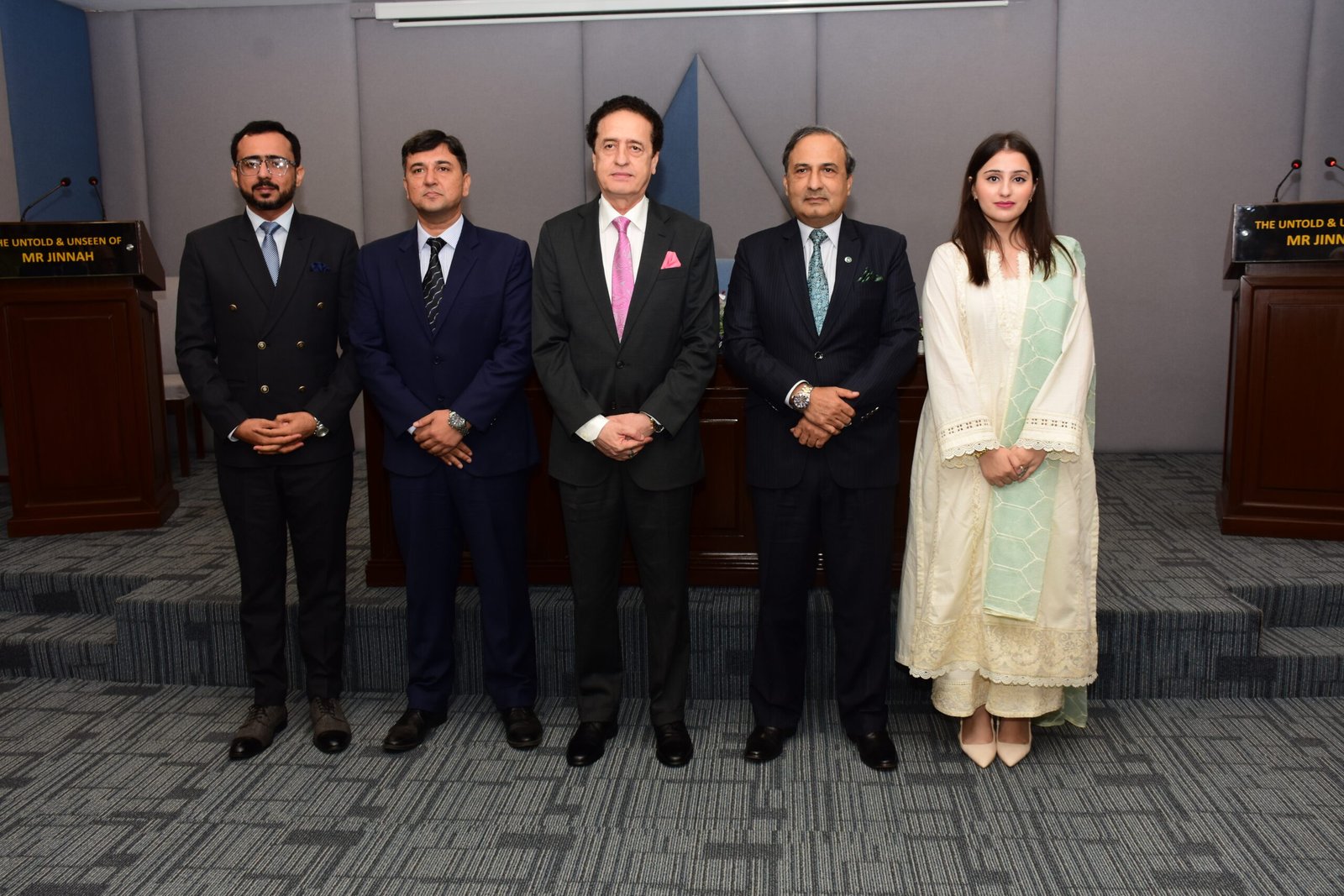
Key Takeaways
- Two Nation Theory
Mr Jinnah’s resolute belief in the Two Nation Theory reflected his deep understanding of the cultural and political landscape of the subcontinent. His unwavering commitment to this vision and his strategic foresight allowed him to guide the creation of Pakistan, ensuring its sovereignty and protecting the rights of its people.
- Self-Sacrifice
His life was a testament to self-sacrifice in the pursuit of a higher purpose. He abandoned personal wealth and comfort to dedicate himself entirely to the cause of Pakistan. His declining health and personal tragedies did not deter him from continuing his struggle, exemplifying his relentless pursuit of self-determination for his people.
- Professional Integrity
Mr Jinnah was known for his uncompromising ethical standards, both in his professional and public life. His dedication to professional honesty was a cornerstone of his leadership, reinforcing the trust and respect he garnered throughout his career.
- Selfless Leadership
Perhaps one of the most striking qualities of Quaid-e-Azam’s leadership was his selflessness. He never sought personal gain or political glory; instead, his actions were always guided by a deep sense of duty towards his nation.
- Unyielding Commitment to Justice
Throughout his life, Mr Jinnah demonstrated an unyielding commitment to justice and truth. He believed that the foundation of a prosperous society was built upon fairness and transparency. His principled stance on justice not only defined his leadership but also strengthened his legacy as a man of unshakable moral values.
- Responsible Governance
Quaid-e-Azam’s leadership was marked by fiscal prudence and a keen sense of responsibility in governance. He understood that for a young nation like Pakistan, financial discipline was crucial. He meticulously managed public funds, ensuring that resources were used wisely and in the best interest of the nation.
- National Unity
His efforts to unite various ethnic, religious, and linguistic groups under a single national identity were a testament to his commitment to creating a strong, united Pakistan. His famous words, “Unity, Faith, Discipline,” continue to serve as a guiding principle for the country.
- Firm Believer in Education
Mr Jinnah was a staunch believer in the transformative power of education. He understood that the future of Pakistan depended on the intellectual growth of its people. To this end, he made significant contributions to educational institutions, ensuring that the youth of Pakistan had access to quality learning.
Policy Considerations
- Economic Independence
Achieving economic independence through industrialisation and self- reliance is crucial for building a strong and sustainable economy. To align with Quaid-e-Azam’s vision, policies must focus on stimulating growth across all sectors, ensuring balanced development that benefits every part of the nation.
- Modernising Defence Capabilities
Enhancing national security requires substantial investment in modernising defence capabilities, particularly in the Air Force. A robust and well-equipped defence system is important for safeguarding the sovereignty and ensuring the long-term security of nations.
- Accountability
Enforcing strict policies of accountability and transparency in government institutions is essential for building a responsible and ethical governance system. As envisioned by Quaid-e-Azam, public servants must be held to the highest standards of integrity to ensure public trust and effective governance.
- Ethical Leadership Development
Developing ethical leadership is key to national progress. Programmes focused on nurturing leaders with integrity, honesty, and a commitment to public service-rooted in Quaid-e-Azam’s principles will cultivate a generation of capable leaders who can steer the country towards a prosperous future.
- National Unity
Fostering a strong sense of national identity is essential for unity. By honouring the sacrifices made during the independence struggle and promoting shared values, initiatives can cultivate a collective sense of purpose and patriotism among citizens, helping to build a more cohesive and united society.
- Youth Development
Comprehensive programmes are needed to provide the skills, education, and resources necessary for success to the growing youth population. By preparing the youth to meet modern economic demands, their potential can be harnessed to build a prosperous nation as Quaid-e-Azam wanted it to be.

Post Event Report
A comprehensive report capturing expert analyses, strategic insights, key recommendations, media coverage, and event highlights.
Guest Speakers
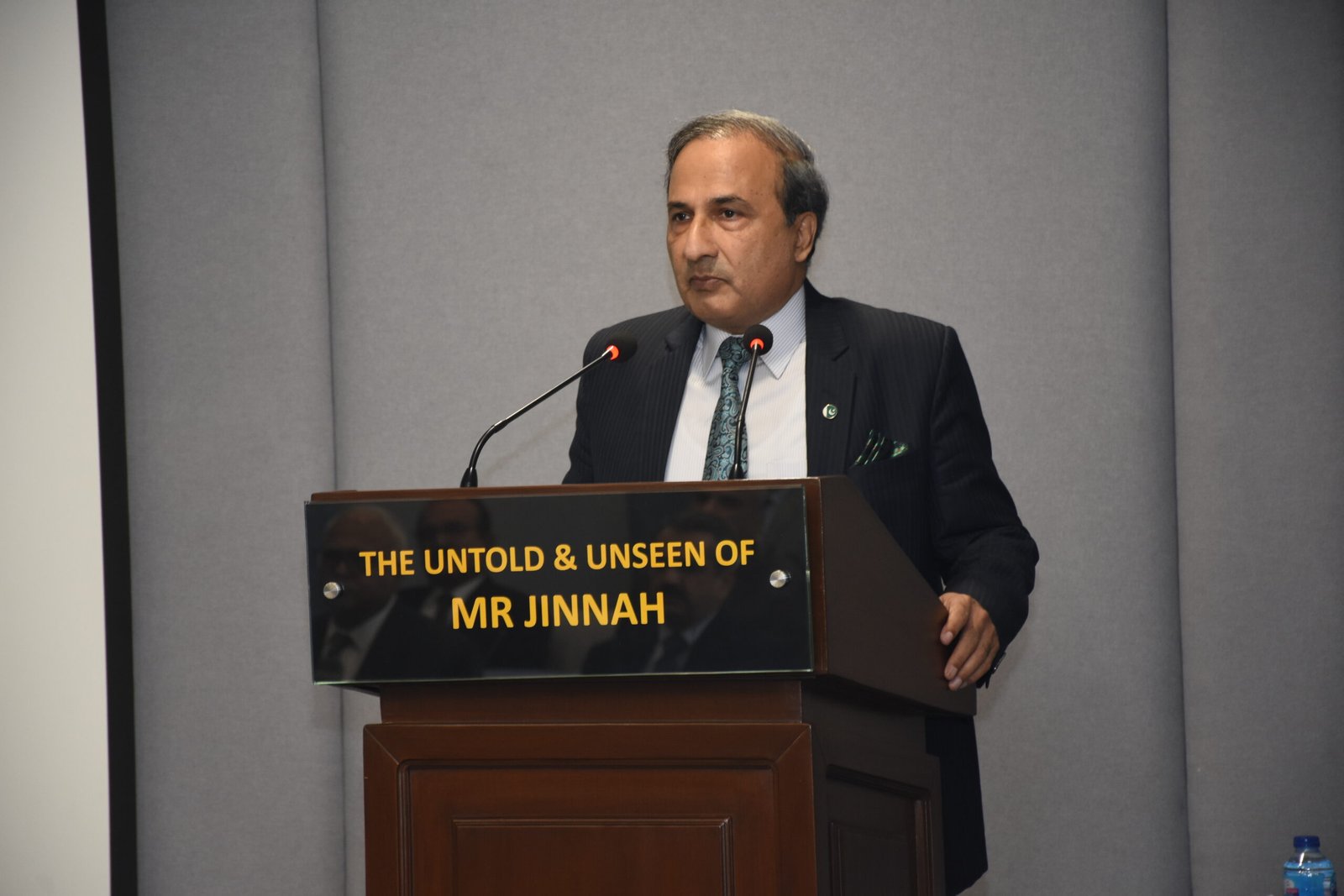
Air Commodore Khalid Chishti (Retd)
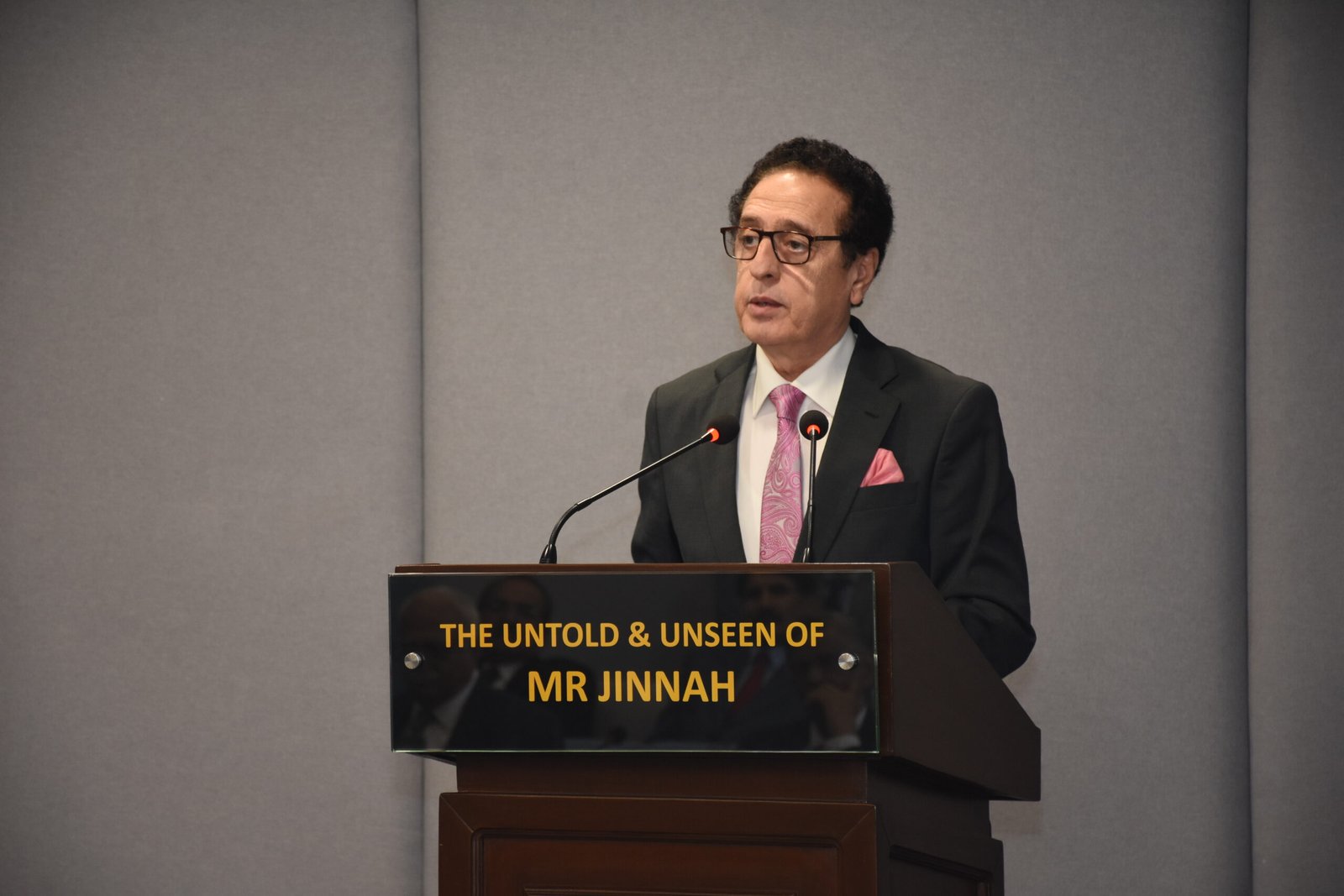
Event Chair
Air Marshal Asim Suleiman (Retd)
President, CASS Lahore
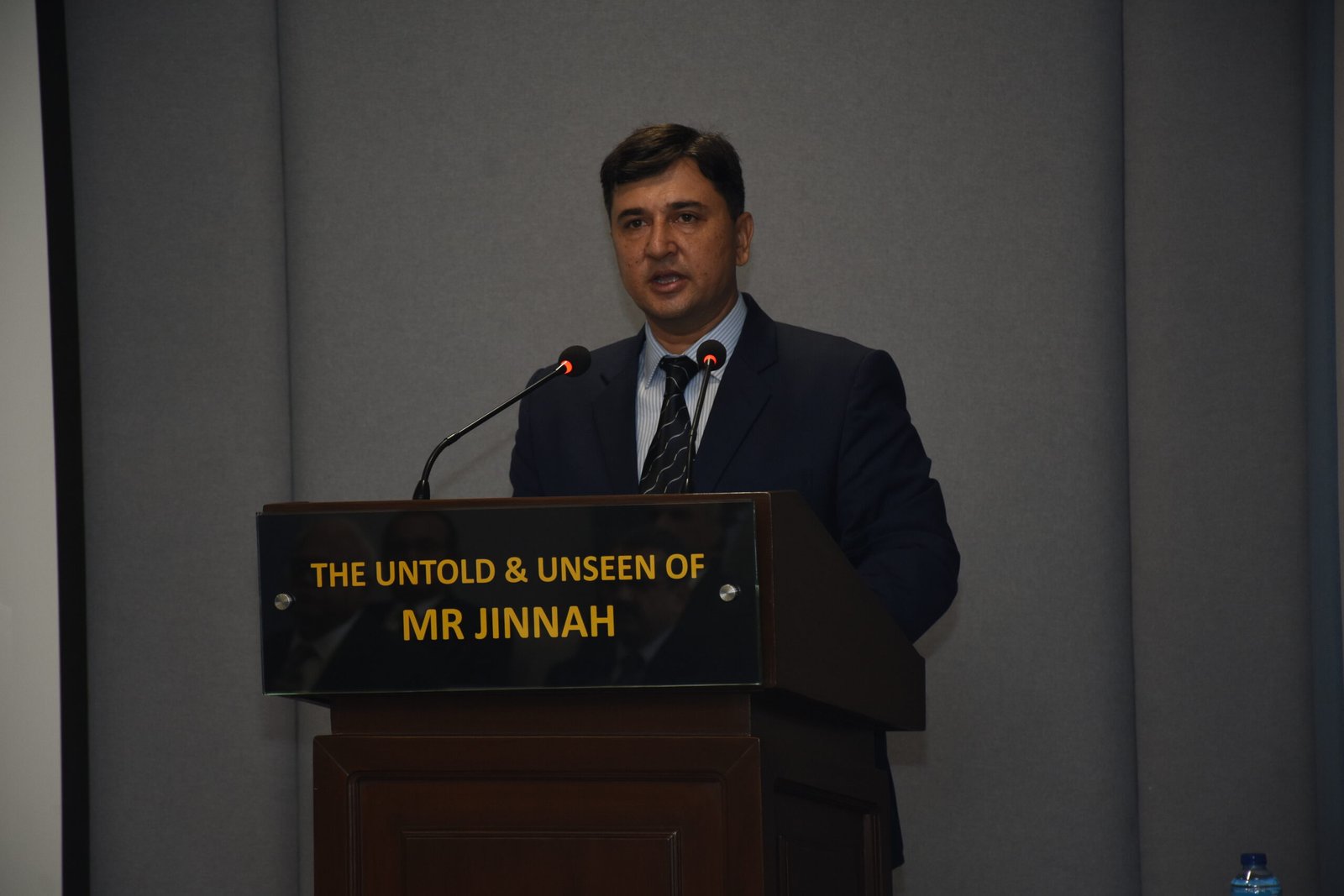
Event Coordinator
Wing Commander Aamir Qayyum
DD Research, CASS Lahore
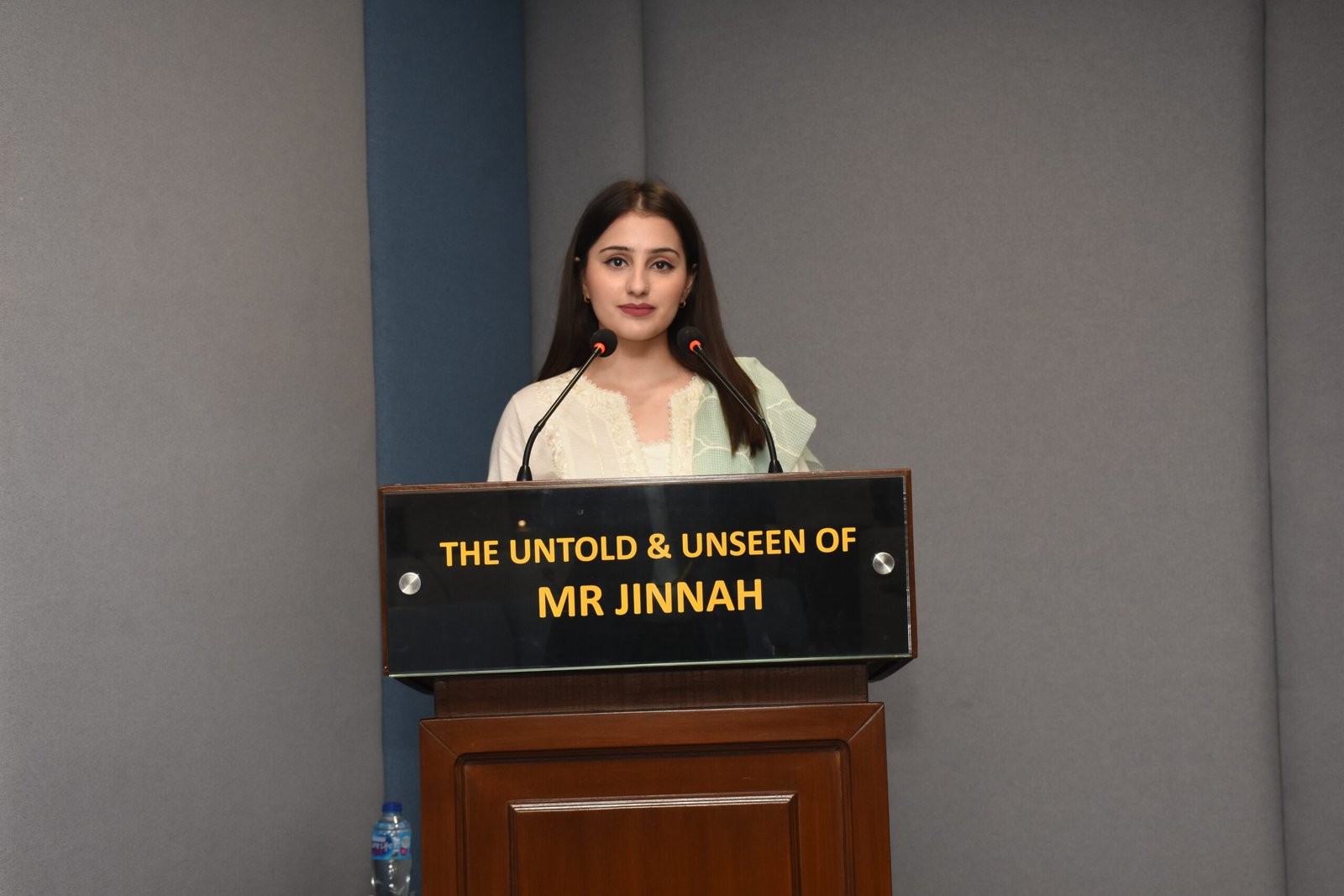
Master of The Ceremony
Faiza Abid
Researcher, CASS Lahore
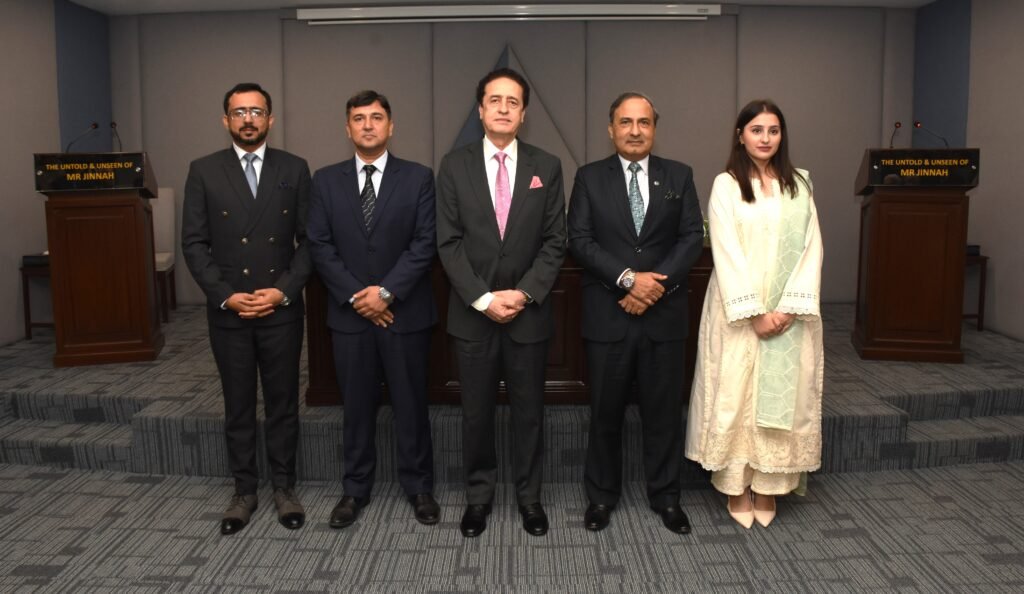
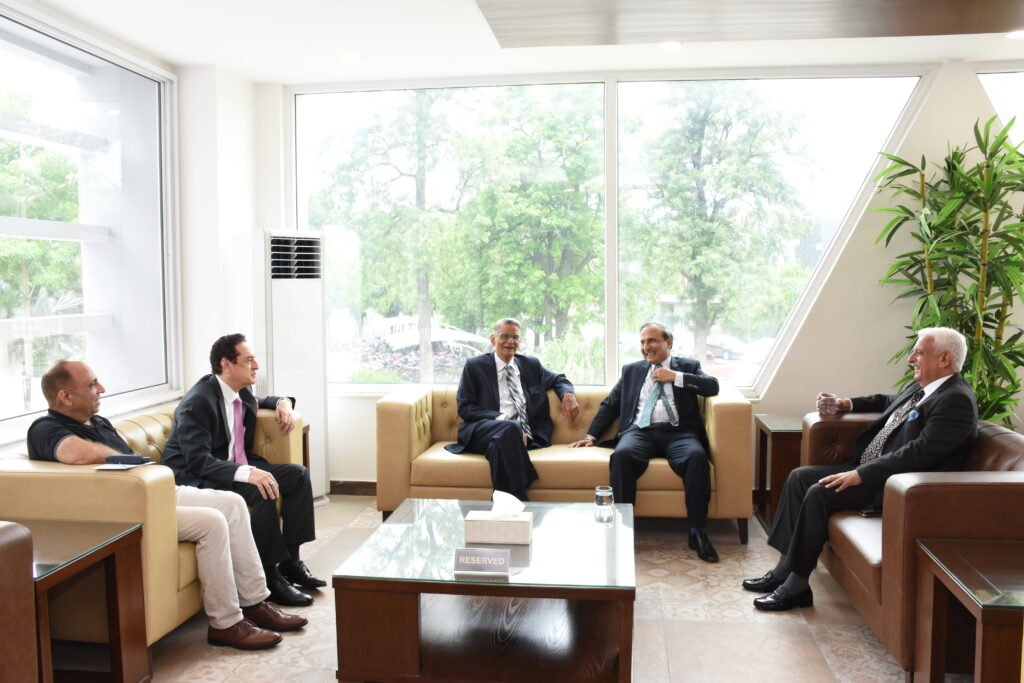


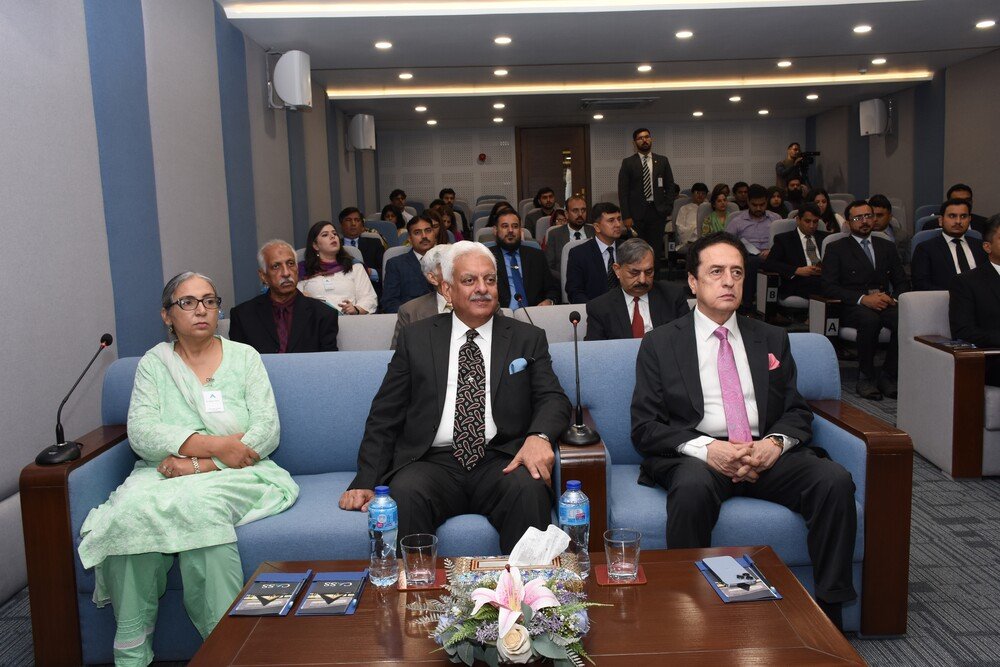
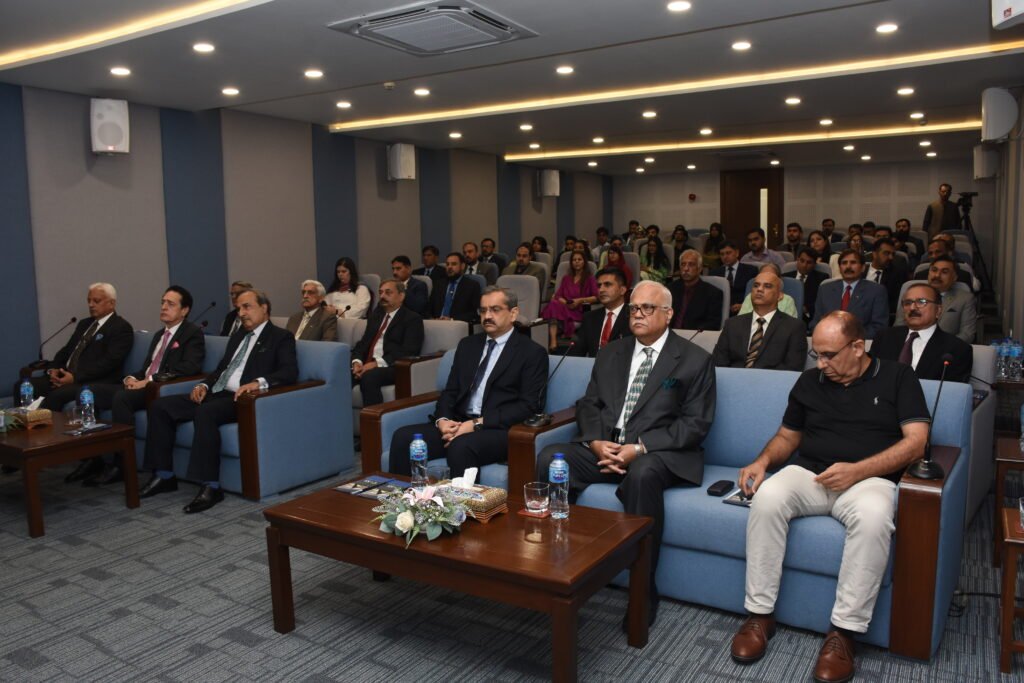
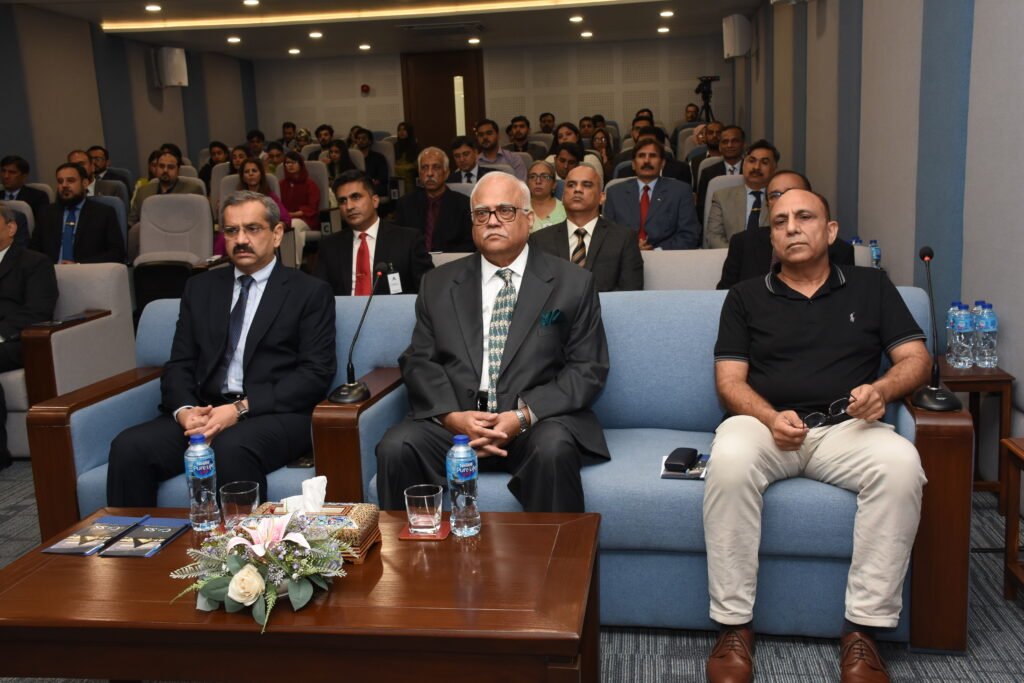
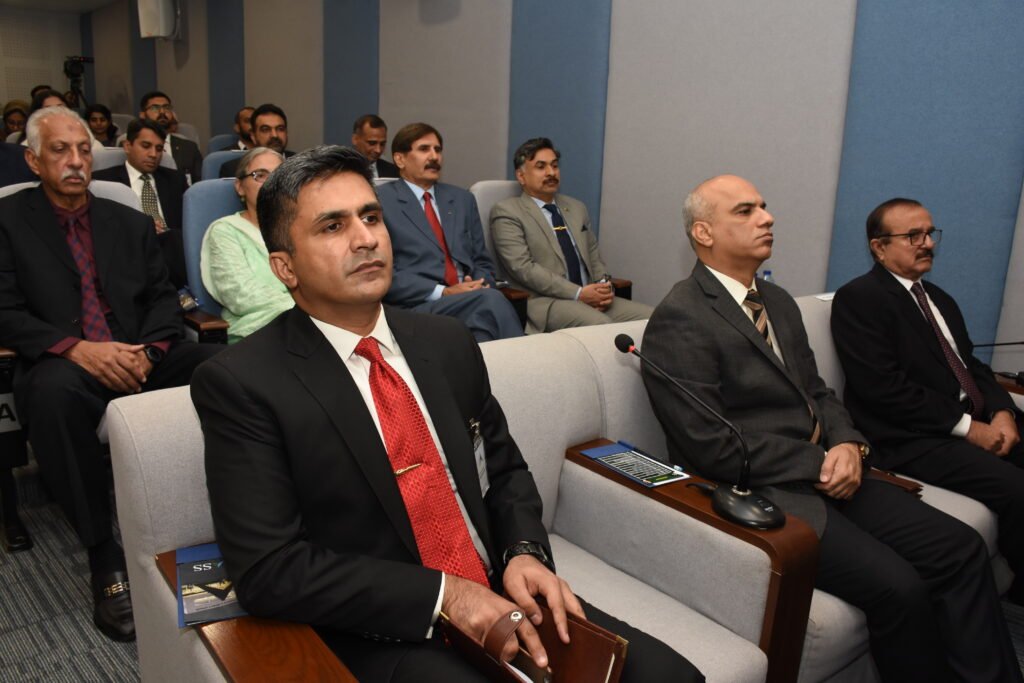
CASS LAhore

The Centre for Aerospace & Security Studies (CASS) was established in July 2021 to inform policymakers and the public about issues related to aerospace and security from an independent, non-partisan and future-centric analytical lens.
CASS Newsletter

@2025 – All Right Reserved with CASS Lahore.
- Home
- About Us
- Research Domains
- Publications
- Events
- Gallery
- Contact Us
@2021 - All Right Reserved. Designed and Developed by PenciDesign



